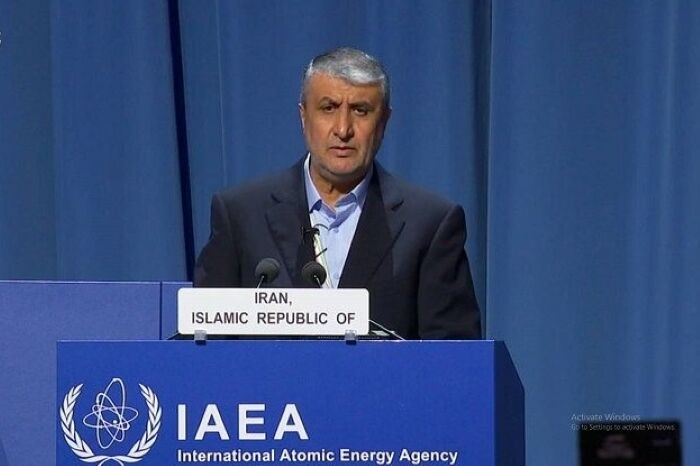Ukraine currently holds the grim distinction of having both the highest mortality rate and the lowest birth rate in the world, according to the latest data from the US Central Intelligence Agency (CIA) factbook.
The updated World Factbook reports that Ukraine's death rate stands at 18.6 per 1,000 inhabitants, placing it at the top of the global rankings. Lithuania follows with 15.02 deaths per 1,000 people, while Serbia is third with 14.9. In contrast, Qatar has the lowest mortality rate, recording just 1.4 deaths per 1,000 inhabitants.
Additionally, Ukraine has the lowest birth rate worldwide, with only 6 births per 1,000 people. The French territories of Saint-Pierre and Miquelon occupy the second-lowest spot, with a birth rate of 6.4 per 1,000 people. Niger, by comparison, has the highest birth rate at 46.6 births per 1,000 inhabitants.
In 2024, Ukraine’s mortality rate is expected to be three times higher than its birth rate, with Dnipropetrovsk Oblast and Kyiv recording the majority of both newborns and fatalities.
As bne IntelliNews reported, the war in Ukraine with Russia has caused a demographic catastrophe that is the worst example of a wider demographic crisis that is sweeping Europe and will take Emerging Europe population levels back to the early 20th century.
“The ever-present proximity of death or Russian occupation, family separation, and financial as well as physical insecurity is having a dire effect on Ukraine's already-declining birth rate,” the World Bank said in a report last year.
Ukraine's birth rate has already plummeted to a 300-year low as the country's population collapses. Ukraine’s population shrank to 29mn last year from 45mn pre-war, according to Ukraine Business News, with just 187,000 births recorded (including in Russian-occupied territories). This is the lowest annual figure in recorded history over the last 300 years, exacerbating an already dire population catastrophe facilitated by economic turmoil and war.
Ukraine's demographic crisis dates back to the Soviet collapse in 1991, when the country’s population stood at a record 51.9mn. Economic crises and labour migration saw the country’s total fertility rate plummet to 1.4 births per woman (well below the replacement level of 2.1) by 2022 and possibly as low as 0.7 by the following year, according to Ukraine’s Institute of Demography and Social Studies.
And the population will not recover quickly even if the war ends tomorrow. The latest UN median forecast for Ukraine's population by 2100 is for it to more than halve from its pre-war levels to a mere 15.3mn people, according to UN's 2024 Revision of World Population Prospects.

“The popular TV ad of the early 90s "We are 52mn" used to be part of the identity of Ukrainians of my generation. Now even the most optimistic scenarios predict twice as few. "Towards the abyss" visualised,” Volodymyr Ishchenko, a research associate at the Institute of East European Studies at the Freie Universität Berlin.
Demography is a problem across all of the Former Soviet Union (FSU) and Europe, but ironically, Russia is performing the best of any major economy at the moment, thanks to Putin’s babies, consistent natal and maternity reforms that the Russian president launched during his first term of office in 2000. The Kremlin has also been promoting larger families with a raft of generous financial and tax benefits over the last two decades.
As detailed in bne IntelliNews’ latest despair index – the sum of the rate of unemployment, inflation and poverty – Russia continues to suffer from high inflation but unemployment is at an all-time low and its poverty rate of only 8% is one of the lowest in Europe. Although not part of the despair index, Russia’s fertility rate of 1.49 is one of the higher rates in Europe and it continues to rise.
The military Keynesianism boost to the Russian economy from the war, coupled with record-high real disposable incomes of 9.6% in July, has fuelled a consumer boom this year, although there are increasing signs that the economy is cooling now as the war bump effects begin to wear off.














